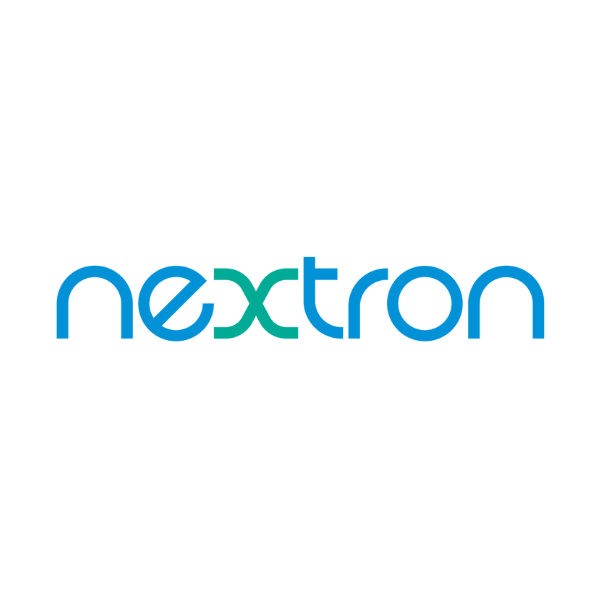Dive Brief:
-
TÜV Rheinland has become the fifth notified body designated under the incoming European Medical Device Regulation.
-
European authorities approved TÜV Rheinland on Thursday, giving medical device companies another notified body to turn to as they scramble to get ready for the 2020 implementation.
-
TÜV Rheinland is the fifth notified body to be designated under MDR in as many months, but capacity remains well below the level needed to quash concerns about a bottleneck.
Dive Insight:
In May, with one year to go until the implementation of MDR, just one notified body was designated under the regulations. The pace has picked up since then, with Dekra Certification, IMQ Istituto and TÜV SÜD all being designated over the following months.
Now, TÜV Rheinland has joined the short list of notified bodies designated under the incoming rules. TÜV Rheinland is a big player in the notified body market. In 2018, the notified body generated €2 billion ($2.2 billion) in revenues and employed more than 20,000 people, although the EU medical device market is just one part of its wide-reaching business.
TÜV Rheinland is the notified body involved in the PIP breast implants scandal, where a French company used industrial grade silicone in breast implants, impacting thousands of women.
The designation moves the EU a step closer to its notified body target. In June, Vytenis Andriukaitis, the European Commissioner for Health and Food Safety, told members of the Employment, Social Policy, Health and Consumer Affairs Council he expects around 20 notified bodies to be designated before the end of 2019.
The current version of the rolling plan maintained by the European Commission, updated last month, shows there have been 52 applications and 33 joint assessments. Andriukaitis shared similar, albeit slightly smaller, figures in June to support his prediction that 20 notified bodies will be designated by the end of the year.
Not all the joint assessments will lead to designations, though. Earlier this year, QS Zürich revealed it had undergone a joint assessment that identified "deviations" from the MDR requirements. The Swiss notified body it was only possible to handle the deviations with a "disproportionately high effort," leading it to abandon plans to secure designation under MDR.
There are also concerns that the MDR capacity will come online too late for companies to meet the deadline, and that even the Commission's forecast 20 designations could prove to be too little.












